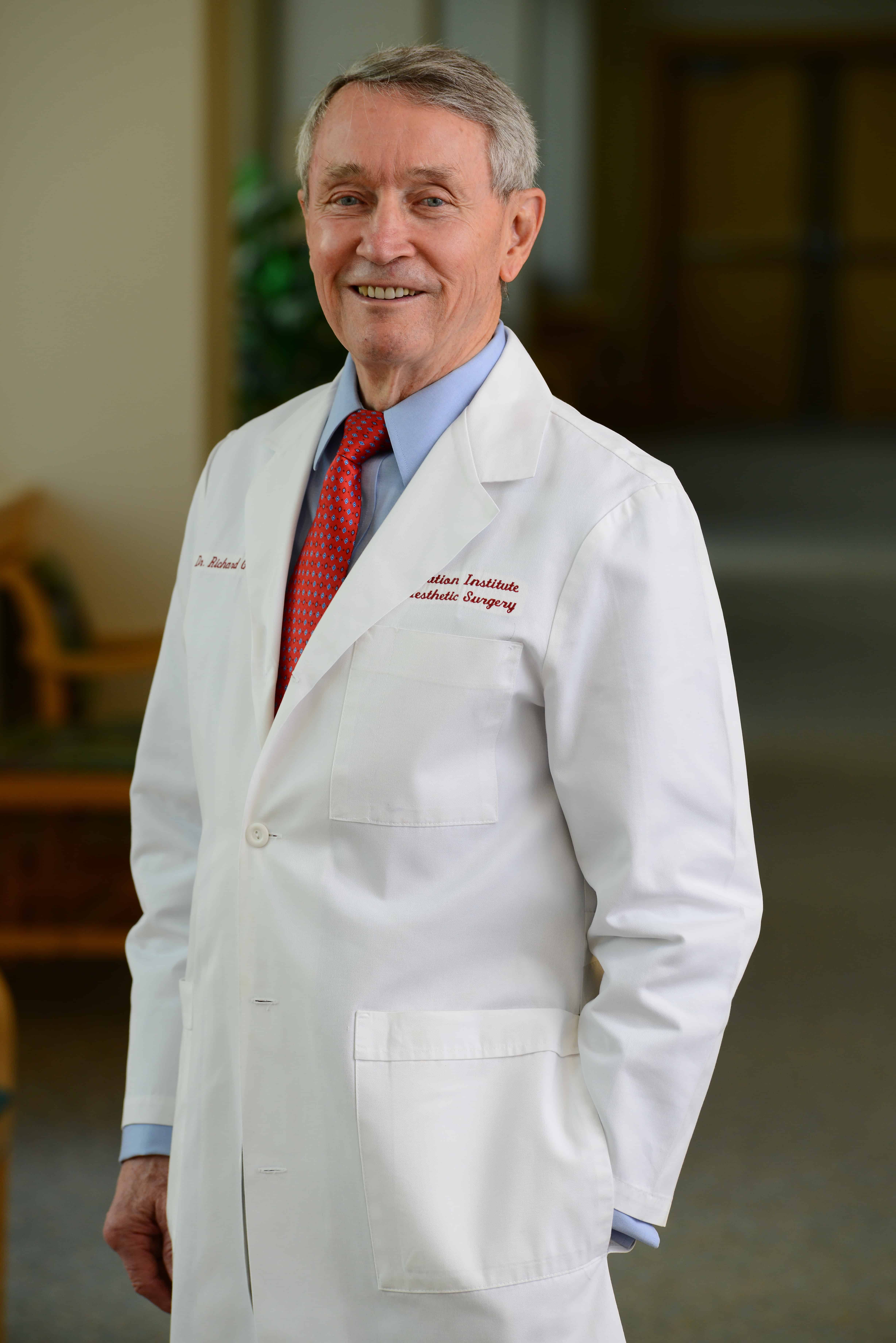
It has long been known that a person’s appearance will affect not only the way a person feels about him or herself, but also the way that person interacts with others. Maxwell Maltz wrote an entire book, Psychocybernetics, in 1960 about this important aspect of life. Other books such as Dress for Success deal with this same premise. The thought that “plastic surgery reaches into the psyche” also reflects the role of aesthetic intervention in patients’ lives. Finally, Francis Cooke McGregor’s book, After Plastic Surgery, describes the role of facial disfigurement in the lives of numerous patients relative to depression, suicide, divorce, occupational problems and other life-changing aspects. Thus, it is well recognized that appearance can have a significant impact above and beyond the “vanity quotient.”
It is important also to ask the question, “Can improving the appearance change a person’s success in life?” A study was done in the Texas prison system in which inmates who had identifiable physical characteristics to which they attributed their life of crime underwent plastic surgery. These “improved-appearance” convicts, when released from prison, were found to have a much lower recidivism rate (return to jail) than those who had not undergone plastic surgery.

Returning to the original question: “Can plastic surgery cure interpersonal relationship problems?” Every classic surgeon can relate instances in which aesthetic plastic surgery has caused introverted young people to emerge from their social cocoon and become social butterflies. Rhinoplasty in young girls is a classic example of this. For example, plastic surgery has helped widows overcome their depression following the death of a spouse. One might see this as an effort to start a new phase in their lives.
It is evident from the above discussion that, indeed, relationships can be and are healed by judicious application of the plastic surgeon’s scalpels, lasers or other tools. Conversely, it should be noted that cosmetic surgery or treatments will not reverse the broken relationships caused by deep psychological issues that ultimately result in divorce or other self-defeating acts such as suicide.
While the age-old saying “happiness comes from within” may be true, the added confidence that comes from being happy with one’s appearance certainly impacts the way we view ourselves and the way others may view us as well. Surgeons at The Institute of Aesthetic Surgery (IAS) often find that the biggest transformation for patients isn’t external, it’s internal. Fixing something on the outside impacts a patient’s confidence and benefits those around them.
Join IAS for a complimentary consultation to discuss your aesthetic goals and the options available. To learn more, call us at 407-409-8000 or visit iasurgery.net.

About Richard O. Gregory, MD
An internationally known board-certified plastic surgeon, Dr. Richard Gregory has developed an outstanding reputation locally for his unparalleled surgical technique, excellent service and integrity. While skilled in all areas of plastic surgery, his passion is in facial rejuvenation, utilizing surgical procedures, non-surgical options and laser technology to achieve the desired result. Dr. Richard Gregory is a world-renowned expert welcoming patients and surgeons from around the world who seek his expertise.
Year after year, Dr. Richard Gregory is voted “Best Plastic Surgeon in Orlando” by Orlando Magazine, recognized in America’s Best Doctors list, and chosen as “Best of the Best” by SELF Magazine. Dr. Richard Gregory is dedicated to helping his patients look and feel their best.


